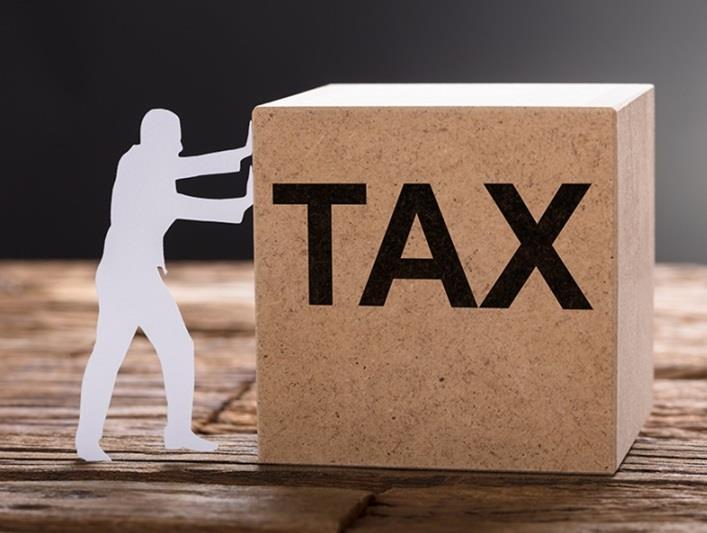Mastering Estate Tax Valuation: The Importance
of Accurate Valuation in


In the intricate world of estate planning, mastering estate tax valuation stands as a cornerstone for effective tax management and ensuring the preservation of wealth for future generations. Accurate valuation of assets not only impacts the amount of taxes owed but also plays a crucial role in avoiding potential legal challenges and maximizing the value of the estate. Understanding the significance of accurate estate tax valuation is paramount for executors and beneficiaries alike.
Estate tax valuation refers to the process of determining the fair market value of assets owned by a deceased individual at the time of their passing. This valuation serves as the basis for calculating estate taxes, which can significantly impact the overall value of the estate. Therefore, accurate valuation is essential for executors to fulfill their fiduciary responsibilities and ensure compliance with tax laws.
1. Minimizing Tax Liabilities:
Accurate estate tax valuation is paramount for minimizing tax liabilities associated with the transfer of assets to beneficiaries. By determining the fair market value of assets within the estate, executors can ensure that taxes are calculated correctly, thereby avoiding overpayment or underpayment of taxes. This strategic approach maximizes the value of the estate passed on to beneficiaries, preserving their inheritance.
2. Mitigating Risks and Legal Compliance:
Precise valuation mitigates the risk of audits, penalties, and disputes with tax authorities. When estate tax valuations are based on thorough assessments and documented evidence, they are more likely to withstand scrutiny. Executing accurate valuations not only safeguards the interests of beneficiaries but also ensures compliance with regulatory requirements and legal standards.
3. Equitable Distribution:
Accurate estate tax valuation facilitates equitable distribution of assets among beneficiaries. By valuing assets correctly, executors can ensure fairness in the allocation of inheritance, minimizing conflicts and disputes among heirs. Transparent valuation practices foster trust and confidence in the estate administration process, enhancing the executor's credibility and reputation.

4. Optimization of Tax Management Strategies:
Mastering estate tax valuation enables executors to develop optimal tax management strategies. By understanding the nuances of valuation methodologies and leveraging expert guidance, executors can strategically plan asset transfers to minimize tax implications. Regular reassessment of asset values allows for adjustments in tax management strategies, ensuring alignment with changing circumstances and regulatory requirements.
5. Preservation of Asset Value:
Accurate estate tax valuation preserves the value of assets for beneficiaries. Proper valuation prevents assets from being undervalued or overvalued, protecting their financial interests. By ensuring that assets are fairly assessed, executors uphold their fiduciary duty to act in the best interests of beneficiaries, safeguarding their financial legacy.

6. Confidence and Peace of Mind:
Executing accurate estate tax valuation in stills confidence and peace of mind for both executors and beneficiaries. Knowing that valuations are conducted with precision and diligence reassures stakeholders that the estate administration process is being handled competently. This confidence fosters harmonious relationships among family members and other stakeholders involved in the estate settlement process.
In conclusion,
mastering estate tax valuation is indispensable for effective tax management and estate administration. Accurate valuation minimizes tax liabilities, mitigates risks, ensures legal compliance, facilitates equitable distribution, optimizes tax management strategies, preserves asset value, and in stills confidence and peace of mind. By recognizing the importance of accurate valuation and implementing best practices, executors can fulfill their duties with diligence and navigate the complexities of estate tax valuation with proficiency, ensuring optimal outcomes for all stakeholders involved.

Company Name: Redwood Valuation Partners, LLC
Address: 1200 Westlake Ave N, Suite 905 Seattle, WA 98109, USA
Contact Number: (650) 331-0291
Website: https://www.redwoodvaluation.com/
